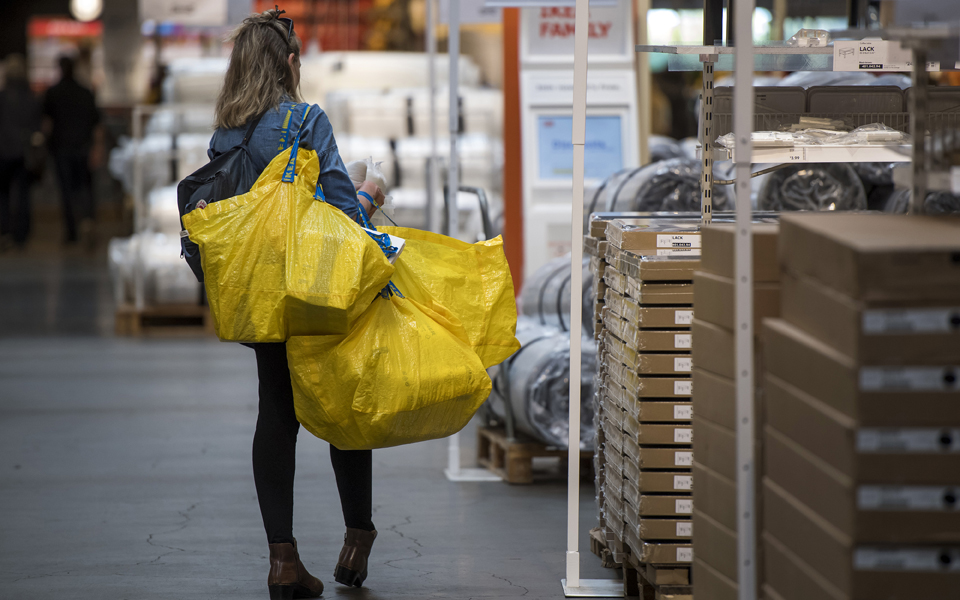After the jury of the first artificial intelligence beauty contest The ten finalists have been revealed. Last month, the first Miss AI was just crowned.
Introducing Lily, one of the influencers from Lifestyle A Moroccan company hopes to bring “diversity and inclusion” to the AI creator scene. With nearly 200,000 followers on InstagramAnd 45,000 others on TikTok, Layli was created entirely by AI, from her photos and captions to her buzzword-filled acceptance speech.
“Being Miss AI motivates me even more to continue my work in advancing AI technology,” Leila said in a video address. “AI is not just a tool; it is a transformative force that can change industries, challenge norms, and create opportunities that never existed before… As we move forward, I am committed to promoting diversity and inclusion in my field, ensuring that everyone has a seat at the table of technological advancement.
In a speech delivered by AI, winning contestant Kenza Lily said she wanted to promote diversity (Fanvue World AI Creator Awards)
The inaugural Miss AI pageant opened in the spring, attracting entries from around 1,500 AI programmers from around the world, according to organizers at Fanvue, an influential platform for both human and AI content creators. Layli was created by Myriam Bessa, founder of Phoenix AI agency, who will receive $5,000 in cash (€4.6k), support from Fanvue and an agent to help boost Layli’s profile. Lalina Valina from France was the runner-up, and Olivia C from Portugal was third.
While virtual influencers—like the spunky “robot” Lil Miquela or the pink-haired Japanese Emma—are nothing new, many of the “older” generation need a human touch and are created by a team of writers and art directors. The same is not true for these competitors, whose images are created exclusively by programs like Open AI’s DALL E 3, Midjourney, or Stable Diffusion, and whose speeches and posts are generated by programs like ChatGPT.
On her Instagram page, Laila expresses her love for the color red, advises her followers to “invest in themselves daily,” participates in professional conferences to exchange ideas, and supports her national sports team (she did not mention the name).
Before this week’s announcement, the pageant’s organizers said that entrants would be judged not just on their appearance, but also on the creators’ use of AI tools, as well as their social media influence. The AI-powered candidates had to answer questions similar to those in real human beauty pageants, such as: “If you could fulfill one dream to make the world a better place, what would it be?”

Portugal’s Olivia C came in third place behind France’s Lalina Valina (Fanvue World AI Creator Awards).
Judges included AI influencer Aitana Lopez and Miss (Human) historian Sally Ann Fawcett, who He told CNN last month, who was looking for contestants with a “strong, positive message.”
However, experts have also expressed concern about the implications of AI-based beauty pageants, as AI-generated images could further homogenize beauty standards.
“I think we’re starting to lose more and more touch with what an unedited face looks like,” Kerry McInerney, a research associate at the Leverhulme Centre for the Future of Intelligence at the University of Cambridge, told CNN in a video interview afterward. (Among the competition’s 10 finalists, Leila, a veiled North African, was an exception.)
“These tools are created to replicate and expand existing standards around the world,” McInerney adds. “They’re not necessarily meant to challenge those standards, although they are sold as tools that foster creativity when it comes to beauty standards… They take the existing beauty standards that we have, which are actively sexist, fat-hating, and actively colorist, and end up aggregating and replicating those standards.
*CNN’s Essie Ronald contributed to this article.

“Proud coffee junkie. Gamer. Hardcore introvert. Social media trailblazer.”

